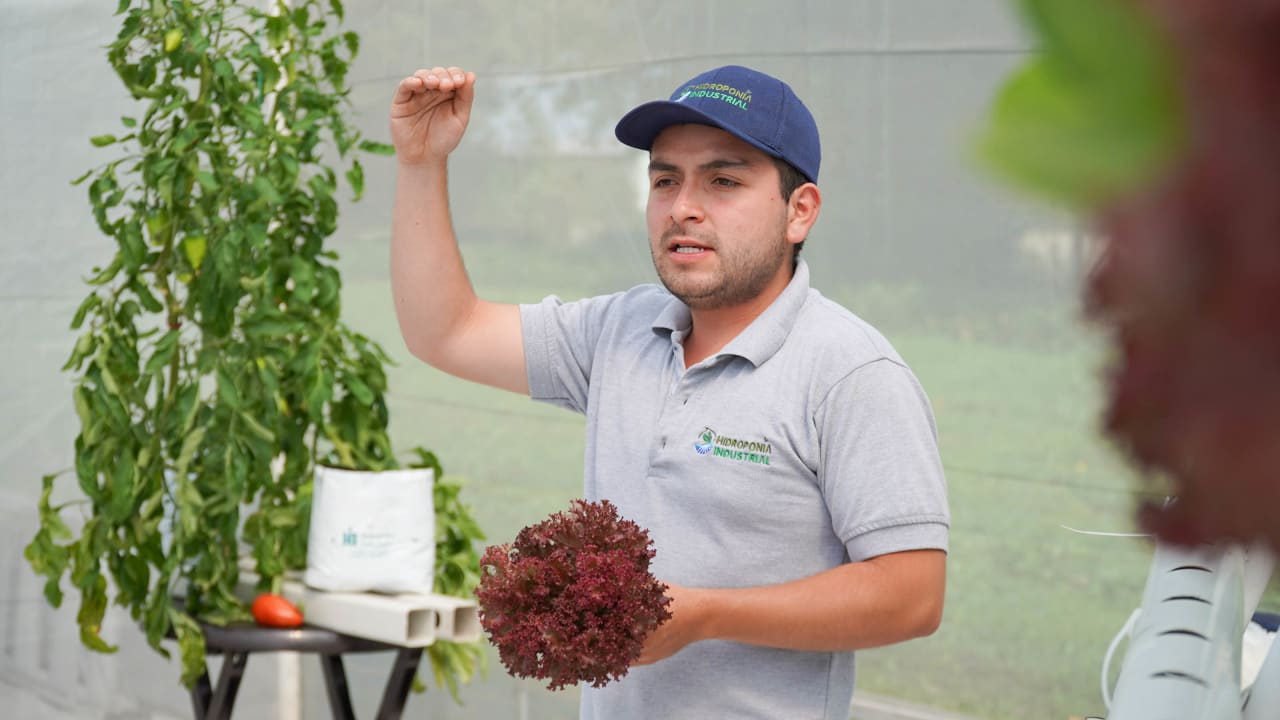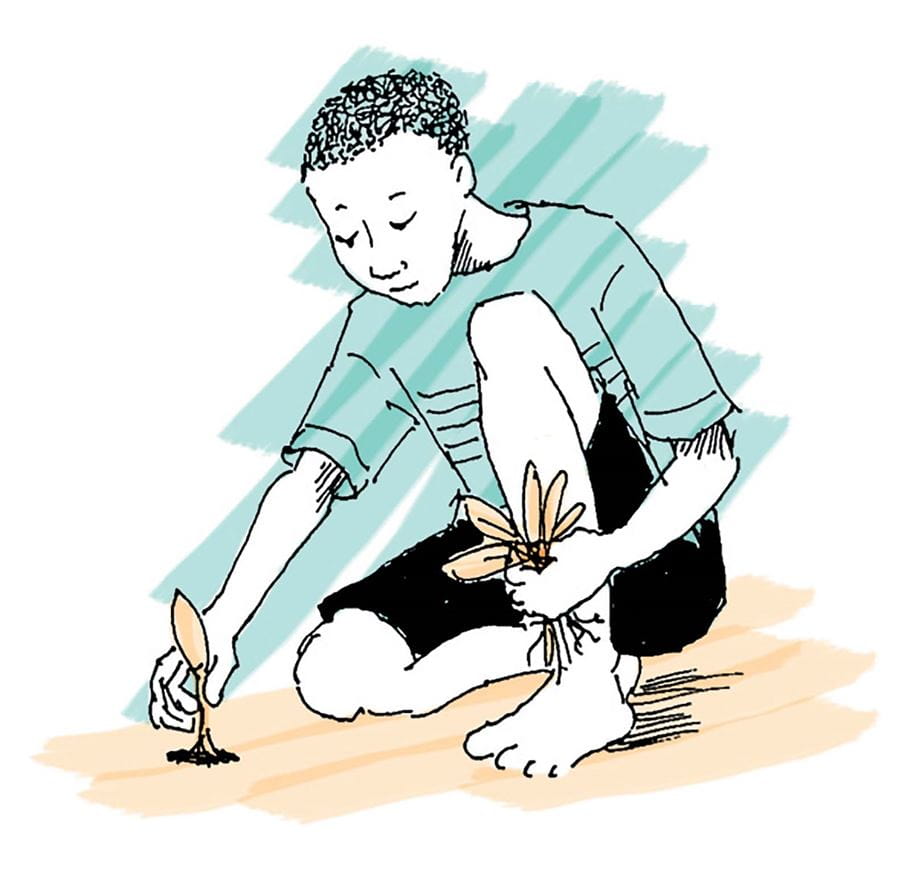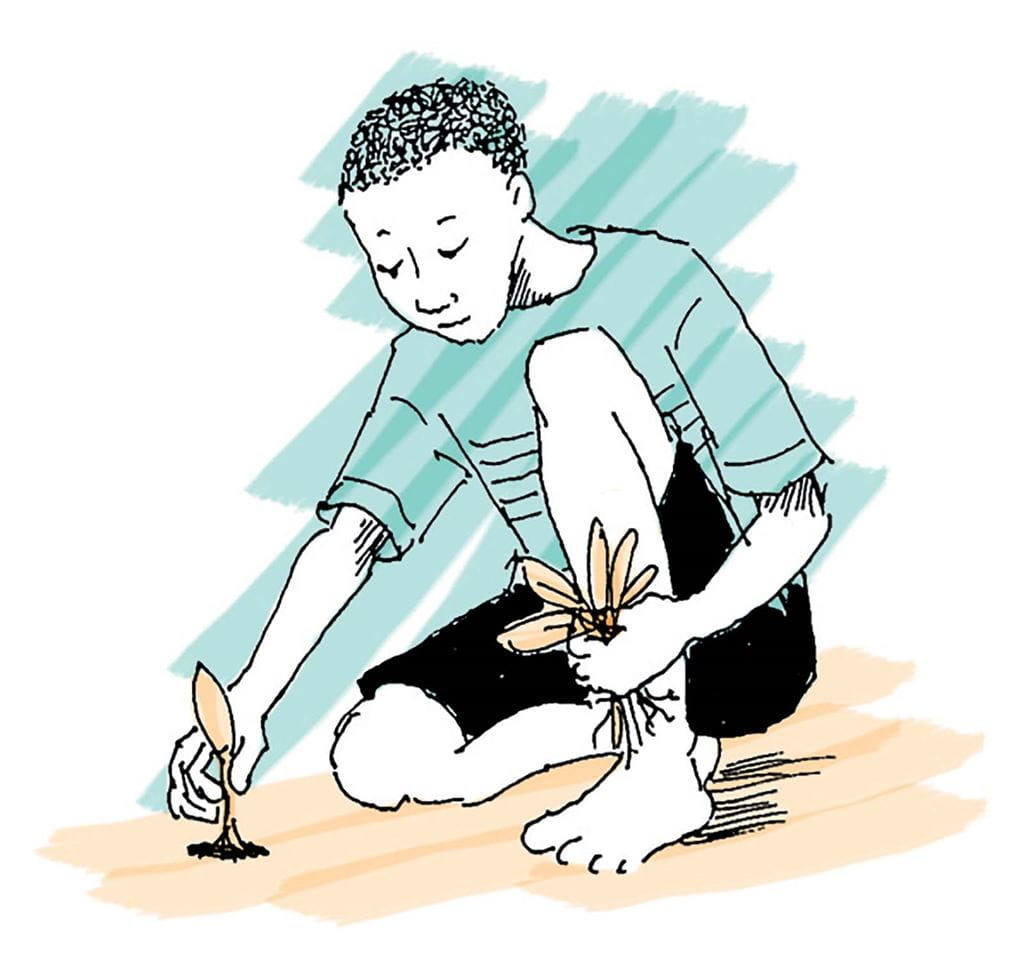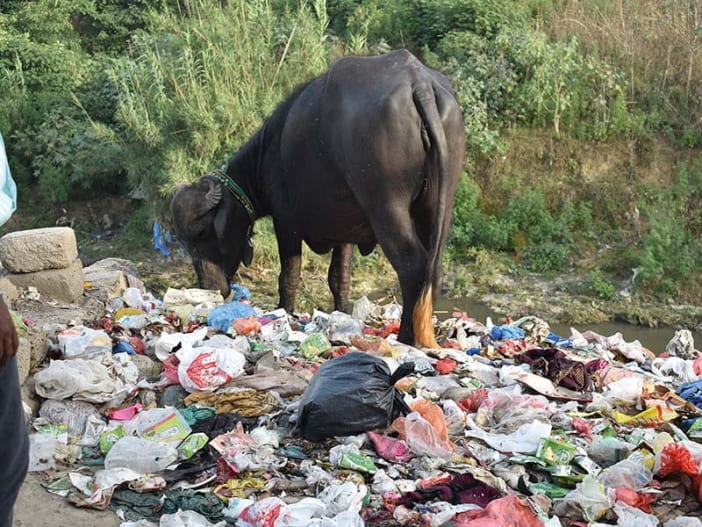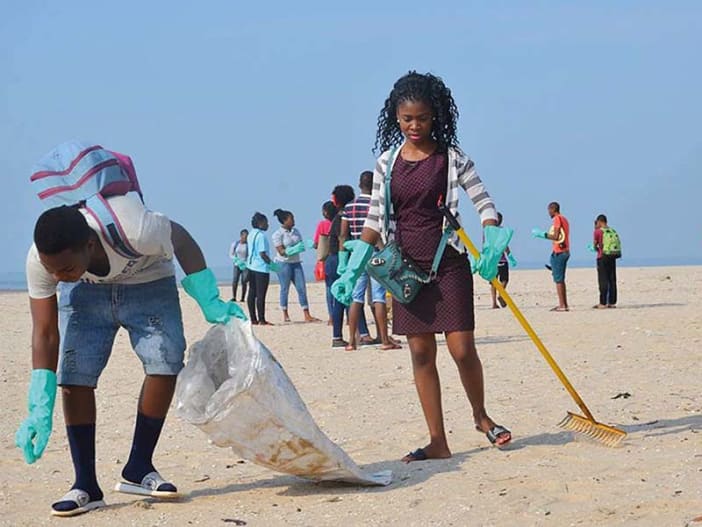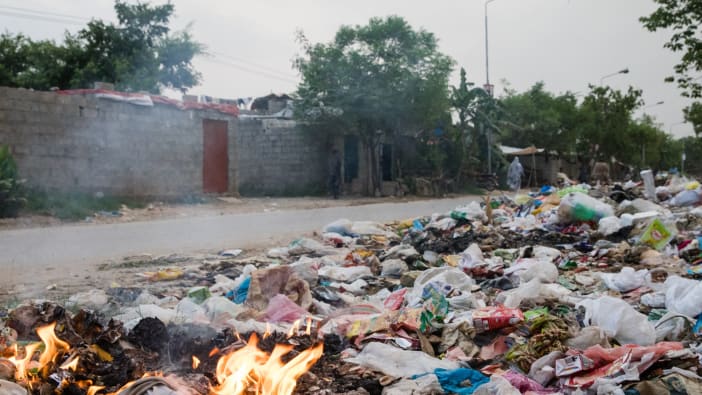‘In the beginning God created the heavens and the earth.’ (Genesis 1:1)
‘The earth is the Lord’s, and everything in it, the world, and all who live in it.’ (Psalm 24:1)
The earth does not belong to us – it belongs to God! It is a gift from God, a home that we share with the rest of creation. But with this gift comes responsibility.
Rulers or stewards?
Read Genesis 1:26–31 and Genesis 2:1–15
In Genesis 1, God instructed humans to ‘rule over the fish in the sea and the birds in the sky, over the livestock and all the wild animals, and over all the creatures that move along the ground’, and to ‘fill the earth and subdue it’ (Genesis 1:26, 28). This passage has sometimes been used to justify abuse of the earth.
Some people believe that the instruction to ‘rule’ over the earth means we have absolute authority over creation. In this view, nature is a resource for humans to benefit from economically, whatever the environmental impacts. This theology has allowed Christians to chop down tropical forests to grow soya for cattle feed and to pollute rivers with waste products from mines as we dig for precious metals.
To challenge these ideas, Christians have turned to the second creation account in Genesis 2. In verse 15, humans were placed in the Garden of Eden and instructed to ‘work it and take care of it’. In other words, God has given us the responsibility to act as stewards of his creation – to care for, manage, oversee and protect all that God owns. What an honour and privilege!
This does not give us free licence to exploit and abuse God’s earth. As stewards, we need to act in the owner’s best interests, treating his ‘property’ with respect. We must not use it in a way that causes harm to our neighbours. One day we will have to give an account to God of how we have treated his earth.
When we forget our responsibility to be wise stewards, creation groans. The earth can no longer cope with the demands humans place on our natural resources. Our waste and pollution are poisoning the air, soil and water. If we continue to exploit and abuse God’s earth, what will be left for future generations to inherit?


